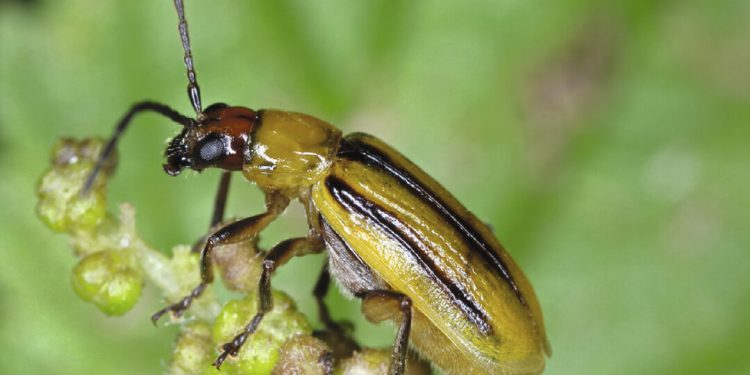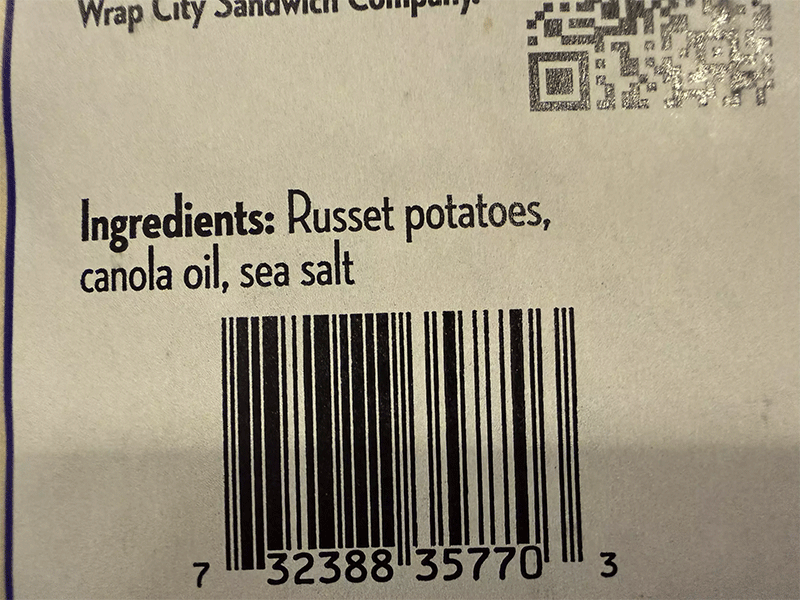#tags: #CornRootwormControl #IntegratedPestManagement #SustainableAgriculture #Biopesticides #GeneticallyModifiedCorn
Diabrotica spp., commonly known as corn rootworms, are a serious pest of corn crops in North America. These pests are highly adaptable and can quickly develop resistance to chemical pesticides, making it difficult to control their populations. In recent years, integrated pest management (IPM) strategies have emerged as a promising approach to managing corn rootworms.
The development of genetically modified corn varieties that are resistant to rootworm damage has been an important breakthrough in controlling corn rootworms. These genetically modified varieties produce a protein that is toxic to corn rootworms, providing effective control without the need for chemical pesticides. However, the continued use of genetically modified corn varieties raises concerns about the potential development of resistance by the pests.
To address these concerns, IPM strategies that combine multiple control methods are being developed. These strategies include crop rotation, the use of cover crops, the use of natural predators, and the application of biopesticides. Crop rotation is an effective strategy for managing corn rootworms, as the pests cannot survive without corn plants. The use of cover crops can also help to reduce the pest population by providing habitat for natural predators.
Another promising approach to controlling corn rootworms is the use of biopesticides. These products are derived from natural sources and are less toxic to non-target organisms than chemical pesticides. Biopesticides can be effective at reducing corn rootworm populations, and they can also be used in combination with other control methods for greater efficacy.
In conclusion, the development of IPM strategies for controlling corn rootworms is an important step towards sustainable agriculture. The use of genetically modified corn varieties has provided effective control, but it is important to continue developing and implementing IPM strategies that combine multiple control methods. By doing so, we can reduce the reliance on chemical pesticides and ensure the long-term health and productivity of our agricultural systems.







